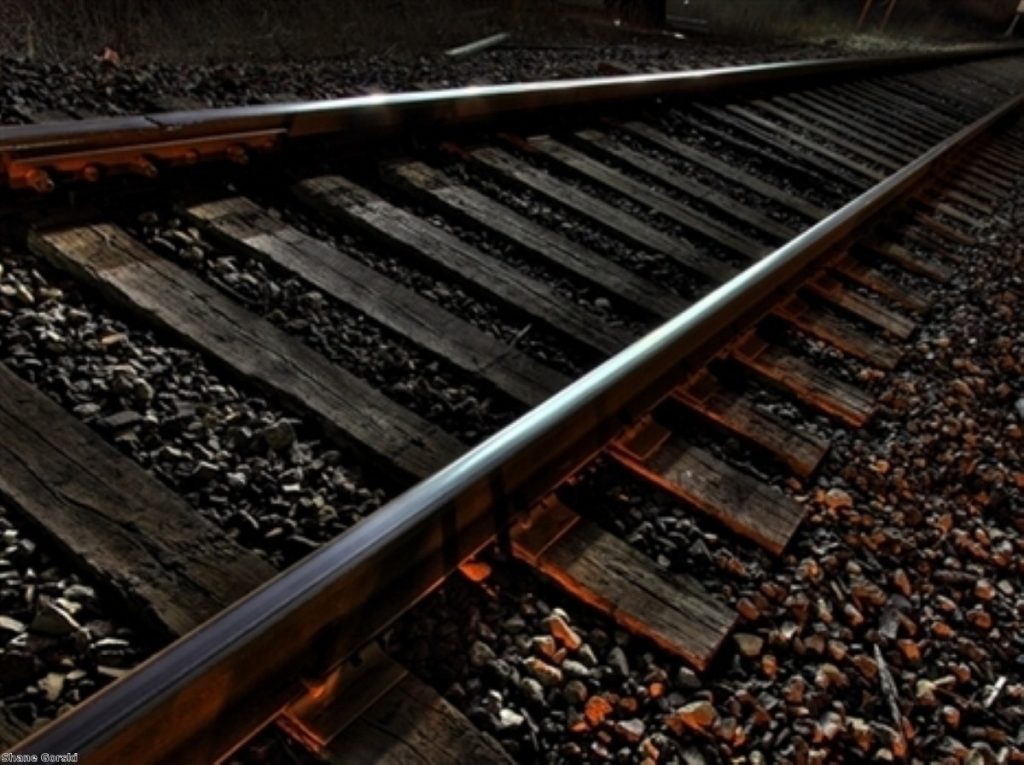Spending review: Transport investment takes 11% hit
By politics.co.uk staff
Most threatened major infrastructure projects have got the go-ahead in the spending review, but the Department for Transport is still facing capital spending cuts of 11% in real terms.
Crossrail will proceed in its entirety. Over £10 billion has been allocated for road improvements and £14 billion for improving the rail infrastructure.
But railway ticket prices are set to increase by three per cent plus retail price inflation after the cap was lifted from RPI plus one per cent.


Capital spending has been viewed by ministers as a ‘silver lining’ for the cuts. Major projects including bridges across the Mersey and the Thames had been called into question.
A scheme to help two million homes in rural areas get faster broadband is also likely to go ahead.
“Whilst we have had to make some difficult choices, I am confident that our focus on the long term will ensure that we can continue to build a transport system that supports economic growth and reduces carbon,” transport secretary Philip Hammond said.
“We have secured investment to allow us to go ahead with important projects such as high speed rail, support for ultra-low carbon cars and major road-building and public transport programmes.”
Housing also remains a major headache, with social housing under threat.
The construction sector is particularly vulnerable. Pricewaterhouse Coopers has warned that 100,000 of the half a million public sector job losses feared as a result of the cuts will come from here.
George Osborne told MPs this afternoon that new tenants would have to pay 80% of the market rent, prompting intakes of breath from the Labour benches.
He said up to 150,000 affordable new homes would still be able to be built in the next four years, however.
Labour’s shadow chancellor Alan Johnson suggested before the speech that the implied cut to capital spending of 33% could be halved by increasing taxation on banks and implementing a hike in capital gains tax.

